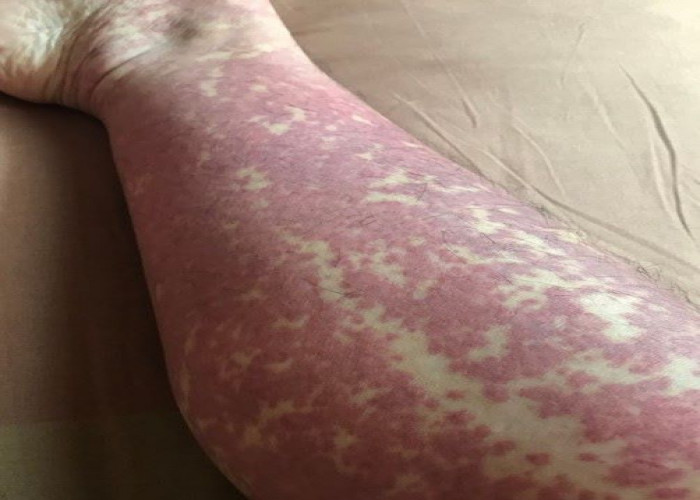 Welcome
Welcome
“May all be happy, may all be healed, may all be at peace and may no one ever suffer."
Henoch-Schonlein purpura

Henoch-Schonlein purpura (HSP) is a rare disease that causes inflammation and bleeding in small blood vessels in the skin, joints, kidneys, and digestive tract. The condition most commonly affects children, but can also occur in adults.
Symptoms of HSP can include a purplish rash on the legs and buttocks, joint pain and swelling, abdominal pain, vomiting, and blood in the urine. The severity and duration of symptoms can vary widely between individuals.
The exact cause of HSP is not well understood, but it is thought to be related to an abnormal immune system response to a trigger, such as an infection or medication. Diagnosis is typically based on clinical symptoms and laboratory tests, including blood and urine tests and a biopsy of affected tissue.
Treatment for HSP may involve medications to relieve symptoms, such as nonsteroidal anti-inflammatory drugs (NSAIDs) or corticosteroids, and monitoring of kidney function to detect and manage any damage. In severe cases, hospitalization and intravenous medications may be necessary.
Most people with HSP recover fully within a few weeks or months, but in some cases, the condition can cause long-term kidney damage. Regular follow-up with a healthcare provider is important to monitor kidney function and manage any ongoing symptoms.
If you or a loved one is experiencing symptoms of HSP, such as a rash, joint pain, or abdominal pain, it is important to consult with a healthcare provider for an accurate diagnosis and appropriate treatment.
Research Papers
Disease Signs and Symptoms
- Skin rash
- The rash usually appears on trunk, arms or legs.
- Swollen joint
- Joint pain
- Blood in stool
- Blood in urine (hematuria)
- Belly pain, nausea, vomiting and bloody stools
Disease Causes
Henoch-Schonlein purpura
In Henoch-Schonlein purpura, some of the body's small blood vessels become inflamed, which can cause bleeding in the skin, abdomen and kidneys. It's not clear why this initial inflammation develops. It may be the result of the immune system responding inappropriately to certain triggers.
Nearly half the people who have Henoch-Schonlein purpura developed it after an upper respiratory infection, such as a cold. Other triggers include chickenpox, strep throat, measles, hepatitis, certain medications, food, insect bites and exposure to cold weather.
Disease Prevents
Disease Treatments
Henoch-Schonlein purpura usually goes away on its own within a month with no lasting ill effects. Rest, plenty of fluids and over-the-counter pain relievers may help with symptoms.
Medications
Corticosteroids, such as prednisone, may help shorten the time and intensity of joint and abdominal pain. Because these drugs can have serious side effects, discuss the risks and benefits of using them with your doctor.
Surgery
If a section of the bowel has folded in on itself or ruptured, surgery may be needed.
Disease Diagnoses
Disease Allopathic Generics
Disease Ayurvedic Generics
Disease Homeopathic Generics
Disease yoga
Henoch-Schonlein purpura and Learn More about Diseases
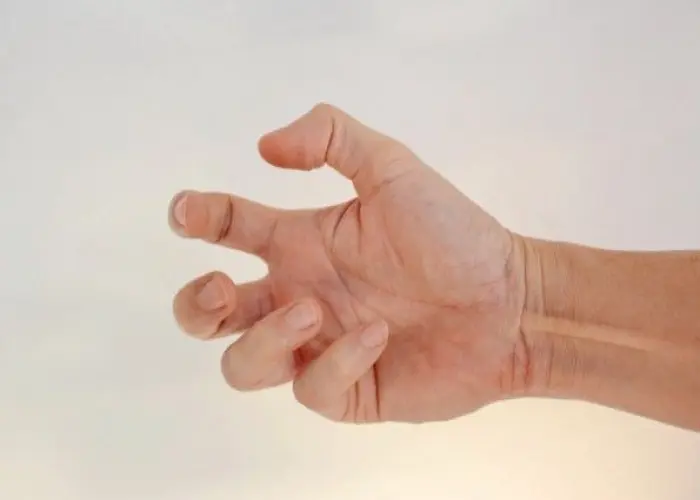
Dystonia

Dry eyes

Chronic pelvic pain in women
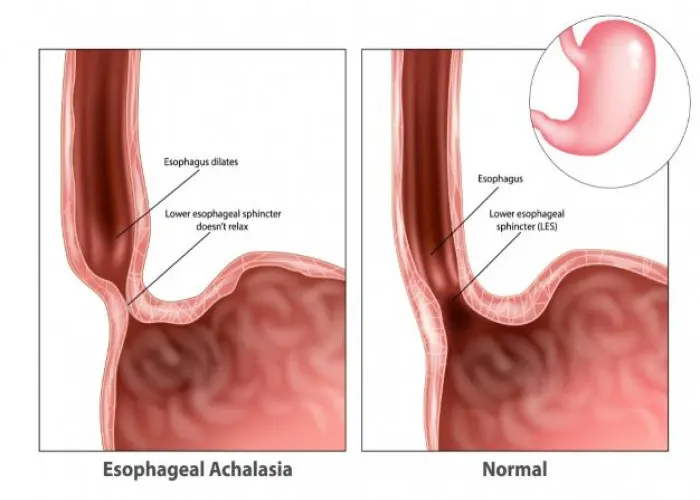
Achalasia
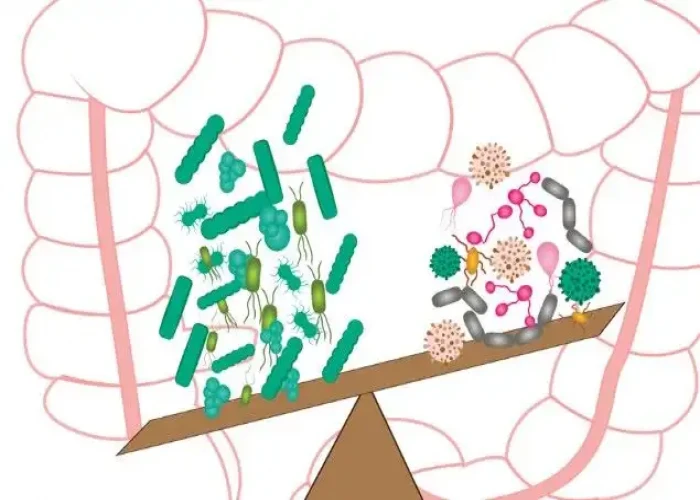
Small intestinal bacterial overgrowth (SIBO)
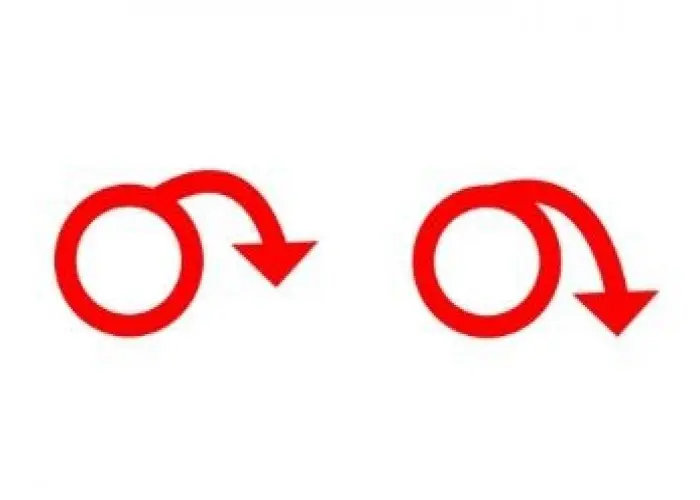
Impotency
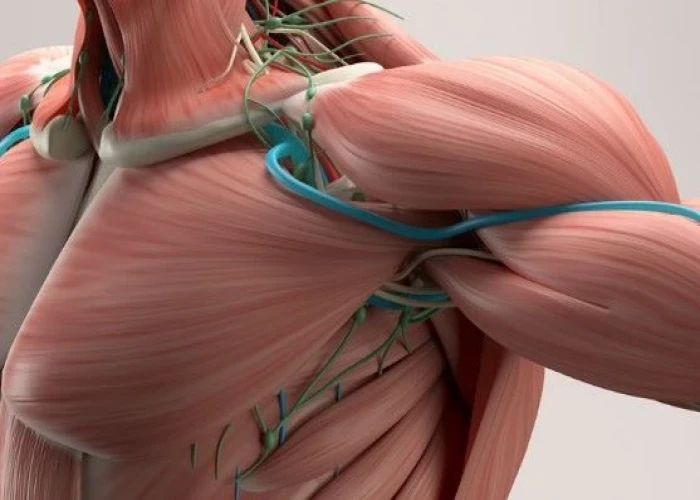
Pseudocholinesterase deficiency
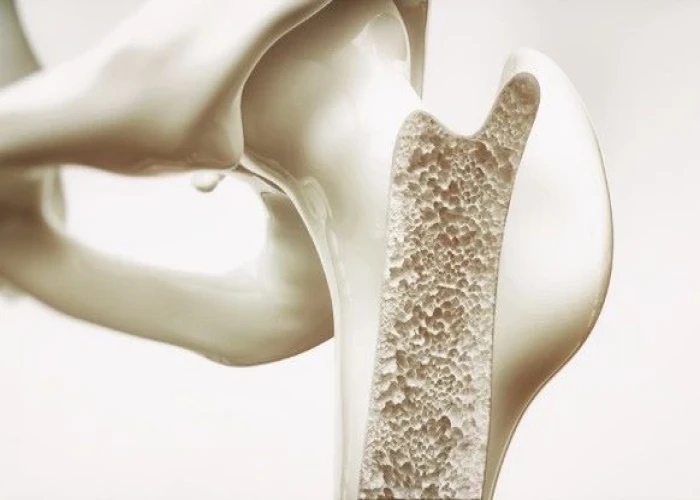
Osteoporosis
henoch-Schonlein purpura, হেনোচ-শোনলিন পুরপুরা
To be happy, beautiful, healthy, wealthy, hale and long-lived stay with DM3S.
